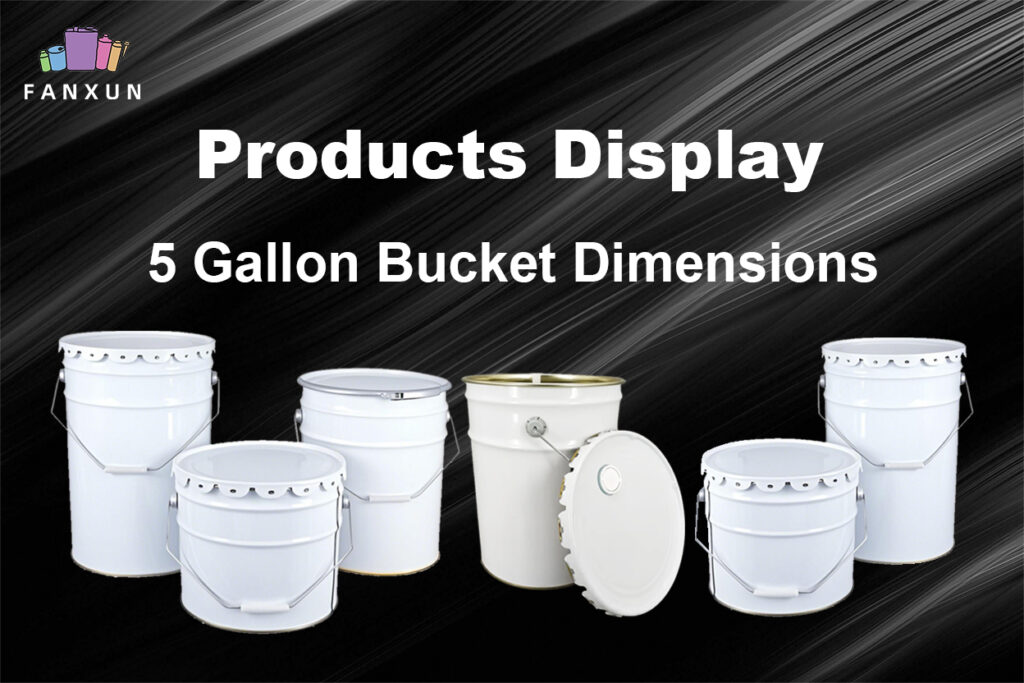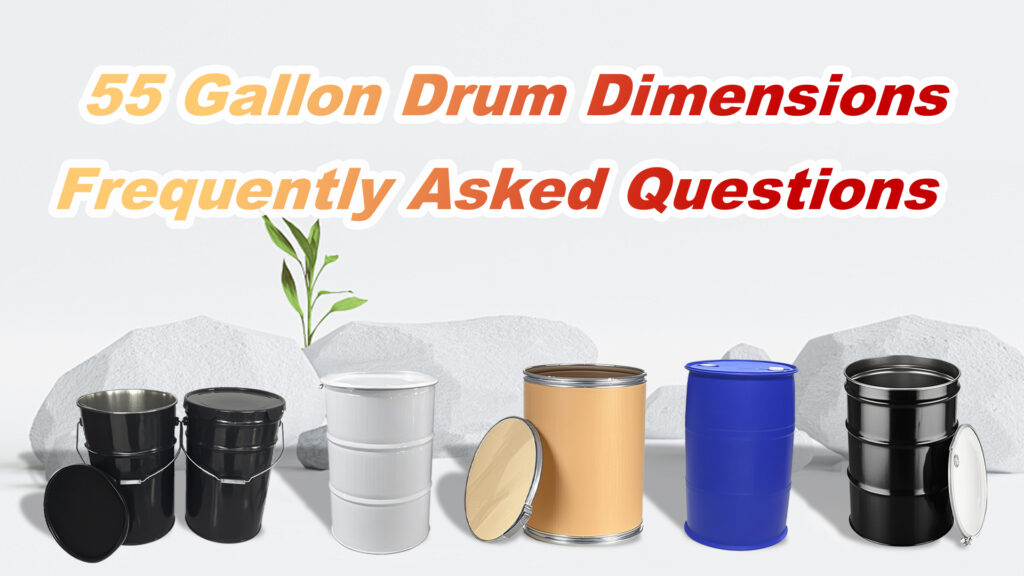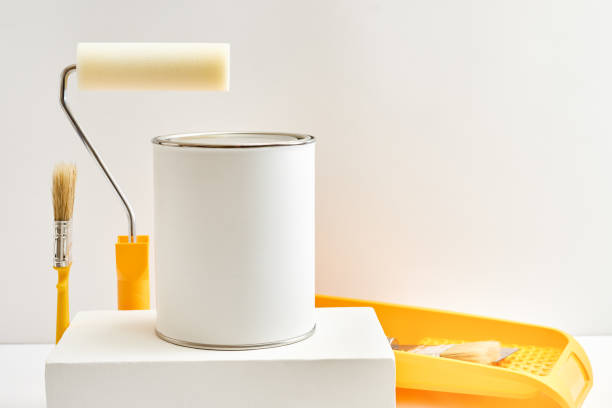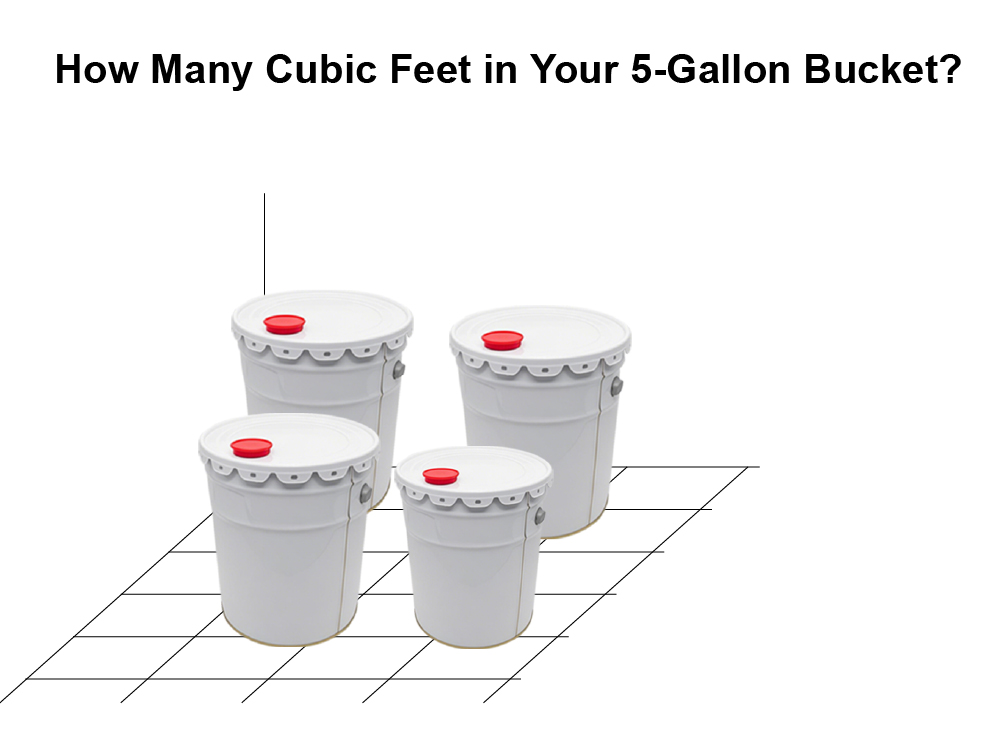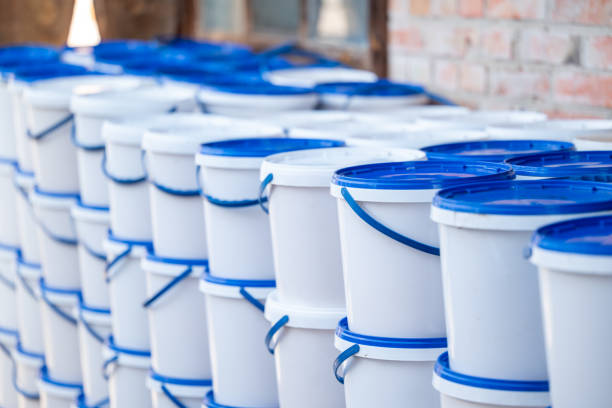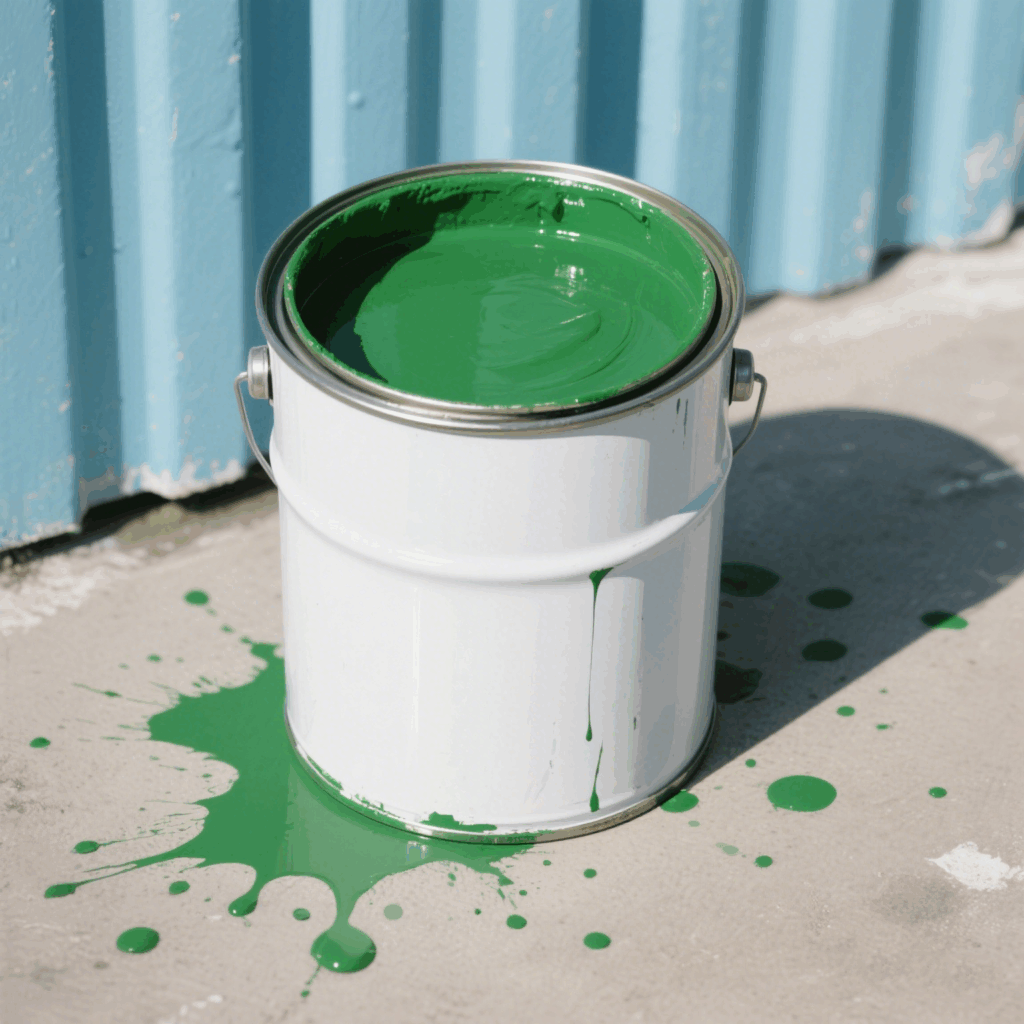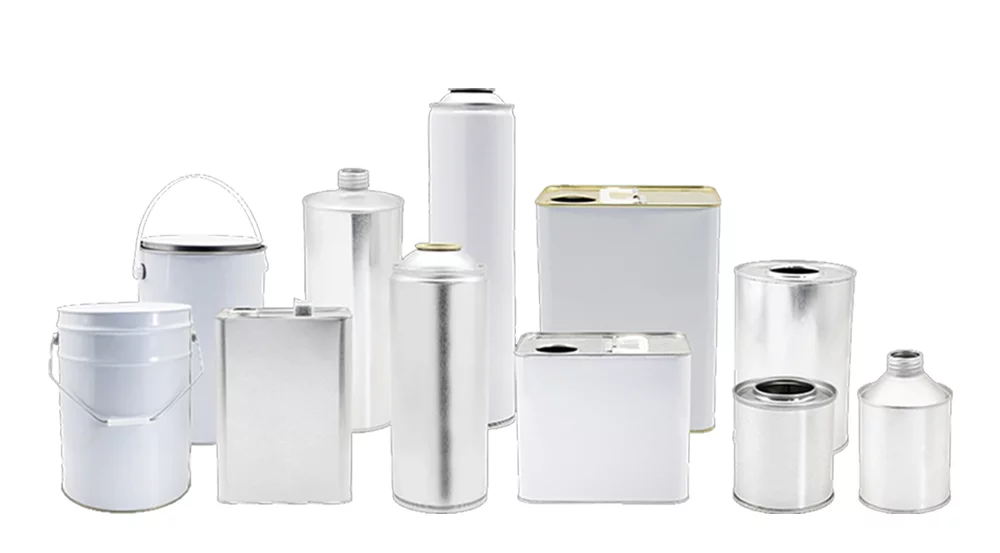If you’re doing some quick DIY maintenance on your vehicle and realize you’re out of brake fluid, you might ask yourself: Can I just use transmission fluid instead? Après tout, both are automotive fluids. They both come in red bottles sometimes. But before you grab that ATF bottle from your garage shelf, it’s crucial to understand why using transmission fluid as a substitute for brake fluid is not just a bad idea—it can be dangerous et costly.
Let’s explore this issue from multiple angles so you can make informed and safe decisions for your car and your wallet.
Why Someone Might Think It’s Okay
From a beginner’s standpoint, it’s understandable. Both transmission fluid and brake fluid are:
-
Hydraulic fluids.
-
Used in vehicle systems.
-
Often red or amber in color.
Cependant, this surface-level similarity hides critical chemical and functional differences that make them non-interchangeable.
The Core Differences: Brake Fluid vs. Transmission Fluid
Here’s a simple comparison table to highlight the key differences:
| Feature/Property | Liquide de frein | Transmission Fluid (ATF) |
|---|---|---|
| Purpose | Transfers force in brake systems | Lubricates and cools transmission parts |
| Chemical Composition | Glycol-ether or silicone based | Petroleum-based or synthetic oils |
| Boiling Point | Very high (POINT 3: ~400°F+, POINT 4: ~450°F) | Moderate (ATF: ~300°F) |
| Compressibility | Incompressible | Can compress slightly under high pressure |
| Rubber Compatibility | Made to protect brake system rubber | Can destroy brake system seals and hoses |
| Hygroscopic (absorbs water) | Oui (prevents vapor lock) | Non |
| Flammable | Less flammable | More flammable |
What Happens If You Use Transmission Fluid in the Brake System?
Here’s what could go wrong:
-
Seal Damage: Brake systems use rubber seals that are only compatible with brake fluid. ATF will swell, degrade, or dissolve these seals, causing leaks and system failure.
-
Brake Failure: Transmission fluid doesn’t have the right compressibility or boiling point. Under heavy braking, it can vaporize or compress, resulting in brake fade ou total brake loss.
-
Corrosion: ATF doesn’t absorb water like brake fluid does. Water accumulation in the brake system can lead to internal rusting, pitting, and eventual failure.
-
Costly Repairs: Replacing contaminated components (master cylinder, calipers, brake lines) can cost hundreds or even thousands of dollars.
Real-World Example
Many car forums and mechanics share stories of people mistakenly topping up brake fluid reservoirs with ATF. Within days or weeks, the brakes start feeling soft or stop working entirely, and the entire system must be flushed—often parts must be replaced.
What Should You Do Instead?
If you’re low on brake fluid:
-
Use only DOT-rated brake fluid as specified in your owner’s manual (POINT 3, POINT 4, or DOT 5.1).
-
Never “top off” with any random fluid—even if you’re in a pinch.
-
If no brake fluid is available, it’s safer to not drive the car than to substitute fluids.
What If I Already Used Transmission Fluid by Mistake?
-
Do not drive the car.
-
Tow it to a mechanic immediately.
-
Have the entire brake system flushed and inspected.
-
Replace any rubber seals, hoses, and possibly the master cylinder.
Conseils de prévention
-
Label your fluids in the garage clearly.
-
Keep a small bottle of your vehicle’s required brake fluid in your emergency car kit.
-
Read your owner’s manual carefully before topping off any fluid.
FAQ
Q: Are any fluids interchangeable with brake fluid?
UN: Non. Only brake fluids rated DOT 3, 4, ou 5.1 (and sometimes DOT 5 in non-ABS systems) should be used. No other automotive fluid is a safe alternative.
Q: What happens if I accidentally mix ATF and brake fluid?
UN: Even small amounts can cause rubber degradation, system contamination, and braking performance issues. You’ll need a complete flush and inspection.
Q: Can transmission fluid clean the brake system?
UN: Absolutely not. Transmission fluid will damage brake system components, not clean them.
Q: Is brake fluid flammable like transmission fluid?
UN: Brake fluid is less flammable and more thermally stable. Transmission fluid can ignite at lower temperatures, increasing fire risk under braking stress.
Q: Can I flush the system myself?
UN: If you have mechanical experience and the right tools, maybe. But for safety, it’s best to leave contaminated brake system flushing to professionals.
Réflexions finales
Transmission fluid and brake fluid serve completely different functions in your car. They are not interchangeable under any circumstances. Using ATF in your braking system isn’t just ineffective—it’s dangerous and can lead to complete brake failure.
Always keep a bottle of the correct brake fluid on hand, read your manual, and when in doubt, consult a trusted mechanic. Your safety—and your car’s health—depend on it.















